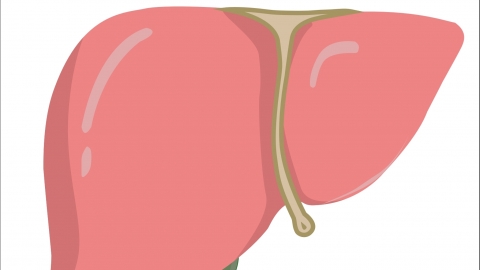Is liver hemangioma benign?
Generally, whether a hepatic hemangioma is benign depends on its specific pathological features and clinical presentation, although in the vast majority of cases it is a benign condition. The detailed analysis is as follows:

If pathological examination reveals that the hepatic hemangioma consists of numerous proliferating blood vessels without malignant cells showing abnormal proliferation, and if clinically it presents as small size, slow growth, no significant symptoms such as abdominal pain or bloating, and imaging studies show no evidence of invasion into surrounding tissues or distant metastasis, then it is typically classified as a benign lesion. Such cases pose minimal risk to health and usually do not impair normal liver function.
However, if the hepatic hemangioma increases rapidly in size over a short period, is accompanied by noticeable abdominal pain or a palpable mass, or imaging shows ill-defined borders, adhesion to surrounding tissues, or pathological findings suggest cellular atypia or abnormal proliferative tendencies, there should be caution regarding potential malignancy. Although the likelihood of malignancy is extremely low, further diagnostic evaluations are necessary to confirm the nature of the tumor and rule out other primary liver malignancies.
After detection of a hepatic hemangioma, regular follow-up with ultrasound or CT scans is recommended to monitor changes in tumor size. It is advisable to avoid alcohol consumption and staying up late to reduce liver strain, and to refrain from taking medications that may harm the liver. If symptoms such as tumor enlargement or worsening abdominal pain occur, prompt medical consultation is essential. Follow the doctor's recommendations for further management to prevent adverse outcomes due to neglect.






